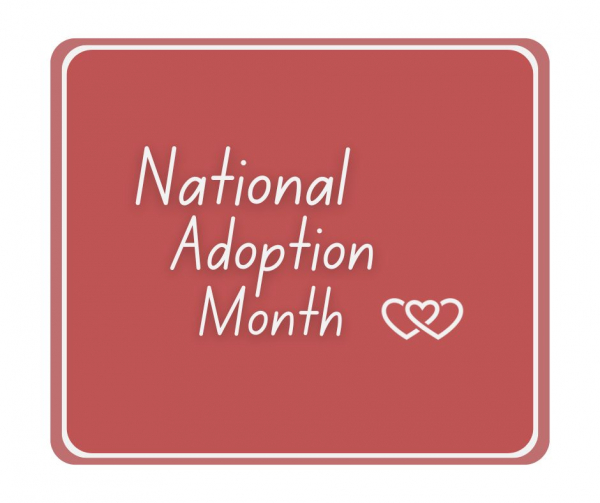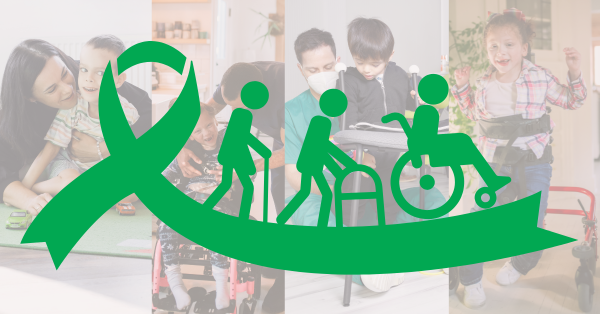International Adoption: The Basics
What is international adoption?
International adoption—also called intercountry adoption—occurs when a child is legally adopted from one country by a family living in another. It involves navigating two legal systems: the laws of the child’s birth country and the laws of the adoptive family’s home country.
International adoption differs from domestic adoption in that it typically involves:
- Travel to another country (sometimes more than once)
- Compliance with immigration laws and international treaties
- Language, cultural, and documentation differences
International adoption is often considered by families who feel called to adopt a child from a specific country or who want to open their home to a child in need, regardless of national origin.
A brief history of international adoption
International adoption grew significantly in the aftermath of World War II and the Korean War, as families sought to care for children left orphaned or displaced. Interest expanded in the 1990s and early 2000s, particularly from the United States, as more children in countries like China, Russia, and Guatemala became eligible for international placement.
Over time, international treaties such as The Hague Adoption Convention were established to:
- Safeguard ethical practices
- Ensure transparency
- Prioritize the best interests of the child
Today, international adoption is more regulated and often takes longer than in previous decades, but it remains a meaningful path to family building.
Why families consider international adoption
Families may choose international adoption for many reasons, including:
- A desire to adopt a child from a specific region or heritage
- Interest in parenting a child with special needs or from an older age group
- Fewer legal risks of disrupted adoptions (in some countries)
- A belief in global child welfare and humanitarian values
However, international adoption is not without complexity. It requires flexibility, patience, and an openness to cross-cultural parenting.
How international adoption works: step by step
Every country and agency has slightly different requirements, but most international adoptions follow a similar core process.
1. Choose a Hague-accredited adoption agency
Families must work with a Hague-accredited or approved agency to ensure ethical practices. These agencies are licensed and monitored to comply with international standards.
2. Complete a home study
A home study evaluates the adoptive family’s readiness. It includes:
- Background checks
- Financial disclosures
- Health reports
- Education on adoption and cultural parenting
- Interviews and home visits
3. Select a country program
Each country has unique eligibility requirements, adoption timelines, and child profiles. Your agency can help you understand which programs are a good match.
4. Compile a dossier
A dossier is a collection of legal and personal documents sent to the child’s country. It includes your home study, references, identification, financial records, and more.
5. Wait for a referral
Once approved by the foreign adoption authority, you may be matched with a child. A referral includes:
- The child’s age and background
- Medical information
- Photos (in most cases)
Families may accept or decline a referral.
6. Travel and meet the child
Many countries require at least one in-country trip, and some require two or more. This visit may include time to bond, attend court, and complete official paperwork.
7. Finalize the adoption
Adoption may be finalized in the child’s birth country, the United States, or both, depending on the legal framework.
8. Immigration and citizenship
Your child will immigrate to the United States under one of several visa categories (IR-3, IR-4, or IH-3, IH-4). In most cases, children become U.S. citizens automatically upon entry.
9. Post-adoption reporting
Many countries require post-placement or post-adoption reports for several years. These may include photos, developmental updates, or social worker visits.
Who can adopt internationally?
Each country sets its own eligibility criteria, but common requirements for prospective adoptive parents include:
- Age: Usually between 25 and 55 years old
- Marital status: Some countries allow single parents; others prefer married couples
- Health: Physical and mental health screenings are required
- Income: Sufficient income to support a child, documented with tax returns
- Background: No major criminal history
Working with an experienced agency is the best way to understand and meet these criteria.
What children are eligible for international adoption?
Children who are eligible for international adoption typically:
- Live in orphanages, group homes, or foster care systems
- May have special needs, be part of a sibling group, or be older (age 5 and up)
- Have no viable local family placement options
- Are legally cleared for adoption by their home country
It’s essential to recognize that international adoption is a last resort after domestic placement options have been explored.
Common countries for international adoption
While international adoption programs change over time, here are some of the most stable and active programs as of recent years:
| Country | Common Child Profiles | Typical Wait Time |
|---|---|---|
| China | Toddlers and older children | 1–3 years |
| Colombia | Ages 5–15, sibling groups, some with medical needs | 6 months–2 years |
| Bulgaria | Ages 2–16 | 18–36 months |
| Taiwan | Infants to teens | 1–2 years |
| India | Varies, often ages 2–7 | 12–24 months |
| Thailand | Ages 1–6 | 1.5–3 years |
| Philippines | 5+ years old or with special needs | 2–3 years |
| Vietnam | Younger children with medical needs | 1–2 years |
Note: Availability, timelines, and eligibility can shift. Always consult your agency for the latest updates.
What does international adoption cost?
Costs vary widely depending on the country, agency, and travel requirements. Generally, families can expect to pay fees related to:
- Agency services
- Dossier preparation and translation
- In-country legal and court processes
- Medical exams and visas
- Travel and lodging
Some families explore grants, loans, or fundraising opportunities. The Adoption Tax Credit is also available to eligible U.S. families and may offset qualified expenses.
It’s important to have open, early conversations with your agency about total expected expenses.
Pros and cons of international adoption
Pros
- Opportunity to give a permanent home to a child in need
- Can be faster than domestic infant adoption in some cases
- Less legal risk of adoption reversal
- Cultural and global connection
Cons
- Travel requirements can be costly and time-consuming
- Language and cultural barriers
- Medical unknowns and limited background history
- Emotional complexity for the child
- Post-adoption adjustment may require support
Frequently asked questions about international adoption
Is international adoption legal and safe?
Yes, when done through licensed agencies and compliant with international laws. Working with a Hague-accredited agency ensures ethical standards.
Do children adopted internationally become U.S. citizens?
Yes. Most children receive automatic citizenship upon entering the United States with the correct visa. Finalization and documentation requirements still apply.
Can I adopt a healthy infant?
Most international programs prioritize older children, children with special needs, and sibling groups. Healthy infant placements are rare and often involve longer wait times.
How long does international adoption take?
Timelines vary by country, family eligibility, and program stability. Many adoptions take between one and three years.
Can single parents adopt internationally?
Yes. Some countries allow single-parent adoptions. Your agency can guide you to countries where this is permitted.
Can LGBTQ+ parents adopt internationally?
This varies by country. Some programs are open to LGBTQ+ individuals and couples, while others are not.
Is international adoption the same as refugee resettlement?
No. International adoption involves legal, permanent adoption of a child who is eligible for adoption. Refugee resettlement is a different legal and humanitarian process.
Post-adoption support and cultural connection
Adopting a child from another country means committing to lifelong cultural respect and trauma-informed parenting.
Best practices include:
- Celebrating your child’s culture through food, holidays, language, and traditions
- Accessing medical and therapeutic support when needed
- Joining adoption support groups
- Creating a life book to preserve your child’s history
- Maintaining appropriate contact with your child’s country of origin (when possible)
Many agencies and nonprofit organizations offer post-adoption services to help families thrive.
Final thoughts: is international adoption right for you?
International adoption isn’t just a legal process—it’s a lifelong journey of love, cross-cultural understanding, and commitment. While it’s not the right path for every family, it can be a beautiful and ethical way to grow a family when done responsibly.
The key to a successful international adoption lies in:
- Choosing an experienced agency
- Being honest about your capacity
- Staying flexible with timelines
- Approaching the process with humility, openness, and love






